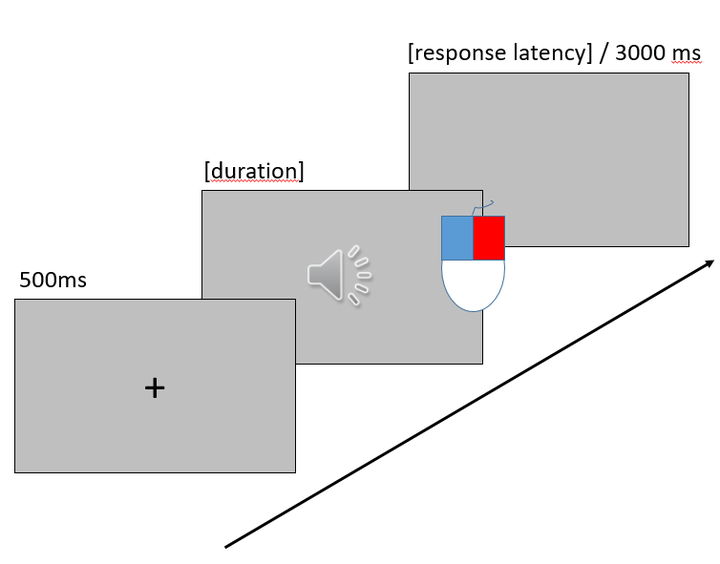Massive Auditory Lexical Decision database

This project was completed in collaboration with numerous past and present members of the Alberta Phonetics Laboratory (APhL).
Massive Auditory Lexical Decision (MALD) is a large-scale study with multiple project branches that collects data from human listeners performing the auditory lexical decision task. The MALD project and database is already described on the APhL website with links to the data included, so I will keep things brief here.
In an auditory lexical decision task, the participant is presented with a recording of a brief speech stimulus. Some of these recordings are words that exist in the language (like ‘brick’) of the listeners, but others only sound like words yet have no meaning in the language (like ‘blick’). The task for the participant is to decide whether the recording they just heard is a word or not a word as quickly and as accurately as possible, while we record response time and accuracy.
The time it takes a listener to make their response is indicative of the duration of the process in the cognitive system of the listener. This time is further related to various word characteristics, indicating that some of these characteristics are relevant for the word recognition process. In turn, this informs us about how our word knowledge is organized and accessed.
MALD and other similar large-scale studies (sometimes called megastudies, see also this list) are important simply because human listeners are numerous and varied and because words are numerous and vary in their, you guessed it, numerous characteristics. Research that collects data from many listeners listening to many words gives us more reliable, generlizable results. The project and the first version of the database is presented in this paper we published.